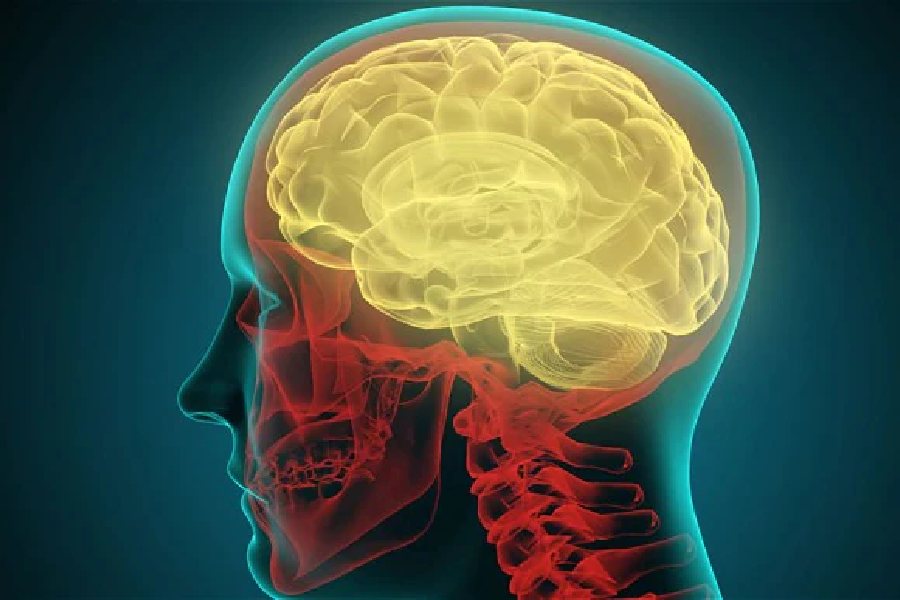Sceptics may raise doubts about the brain structures of politicians but after some research there is no denying their claim to the human brain. Not that the researchers ever suspected otherwise; they were initially comparing brain structures of people in countries with a two-party system. They found that — the University College, London did it first in 2011 — people with a conservative ideology had a larger amygdala than liberals and progressives. The amygdala is a structure located deep in the brain’s still mysterious recesses and is known as the brain’s alarm system. It controls the responses to fear and uncertainty. The same result was found recently by researchers in the Netherlands, which has more than two parties. The researchers emphasise that this is just an association, not a decisive equation, because political ideology is formed by a complicated interrelationship of factors, not just the size of a little almond-shaped structure in the brain. But the discovery is rather delightful. Conservative-minded persons — especially politicians — may not love being told that they have a keener fight-or-flight response than others, which means flight is exceedingly tempting; at best, self-respect may impel them to dig their heels in and fight rather than flee.
What the researchers cannot say is whether the chicken came before the egg or the egg before the chicken. (This is, after all, one of the greatest questions of the human race.) Do people with a larger amygdala incline towards a conservative ideology or do conservatives develop it with growing alarm? Is it nature or nurture? It would not be surprising if they developed it, because conservatives are not fond of uncertainties and tend to resist change. And as change is inevitable, whether willed or not, the conservatives’ alarm system can be imagined to go off constantly. The psychologist who led the research in the Netherlands did say that the findings suggest that certain political ideologies might be supported by distinct neural pathways that decide how a person may perceive threats and uncertainties. Would this not mean that the subject must have already identified something as a threat?
Elated by the new field of multiple parties where the research confirmed the earlier results of two-party investigations, the lead researcher expressed an interest to see how the investigation would fare in India with its multiple political parties and diverse socio-economic strata. The results would no doubt be exciting: liberalism, conservatism and progressive politics are not only a bit of a mish-mash here but people and politicians also tend to oscillate according to personal preference and convenience. A politician, perhaps a leader in Bihar for instance, may be found to have an elastic amygdala that expands and contracts as the gentleman chooses different sides for his politics. A most progressive writer, all for women’s rights, may quail at the idea of LGBTQI+ rights. No doubt the amygdala screams a warning — or perhaps it was large in the first place?










